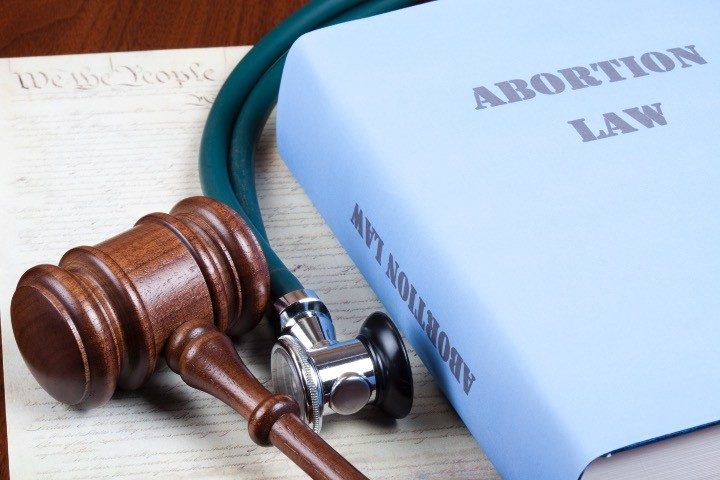
The lawsuit announced by the Department of Justice (DOJ) on Tuesday in the wake of the Supreme Court’s recent decision in Dobbs v. Jackson Women’s Health Organization that overturned Roe v. Wade and Planned Parenthood v. Casey is the first of many likely to emanate from that federal department. It’s suing to invalidate Idaho’s nearly complete ban on abortion due to become effective on August 25.
Attorney General Merrick Garland said he was fulfilling a promise to use every tool at his disposal to neuter or invalidate as many of these state laws as he could:
On the day Roe and Casey were overturned, we promised that the Justice Department would work tirelessly to protect and advance reproductive freedom. That is what we are doing, and that is what we will continue to do.
We will use every tool at our disposal to ensure that pregnant women get the emergency medical treatment to which they are entitled under federal law. And we will closely scrutinize state abortion laws to ensure that they comply with federal law.
The federal law that Garland claims overrides Idaho’s pending law is the Emergency Medical Treatment and Labor Act (EMTALA) that provides funds to state hospitals under Medicare — along with the obligatory federal strings that are always attached to such grants of federal largesse.
EMTALA requires, says the department, “hospitals that receive federal Medicare funds to provide necessary stabilizing treatments to patients who arrive at their emergency departments … state law cannot prohibit the provision of that care.”
That “stabilizing care,” according to the department, might include an abortion, and Idaho’s pending law “directly conflicts with EMTALA and stands as an obstacle” to implementation of that federal law.
Said Garland:
Every hospital that receives Medicare funds must provide necessary stabilizing treatment to a patient who arrives in an emergency room suffering from a medical condition that could place their life or health in serious jeopardy.
In some circumstances, the medical treatment necessary to stabilize the patient’s condition is abortion.
In response, Idaho’s governor, Brad Little, said he will “vigorously uphold state sovereignty” against what he described as “federal meddling.”
The DOJ’s 17-page complaint makes it clear that that is where the battle will be fought: over “state sovereignty.”
The Supremacy Clause — Article VI, Clause 2 of the United States Constitution, reads:
This Constitution, and the Laws of the United States which shall be made in Pursuance thereof; and all Treaties made, or which shall be made, under the Authority of the United States, shall be the supreme Law of the Land; and the Judges in every State shall be bound thereby, any Thing in the Constitution or Laws of any State to the Contrary notwithstanding.
So, what if that law — the EMTALA — is found to be unconstitutional? If the Supreme Court gets the opportunity to hear this case on appeal, it very well might be, according to the Ninth and Tenth Amendments to the Constitution:
Amendment IX: The enumeration in the Constitution of certain rights shall not be construed to deny or disparage others retained by the people.
Amendment X: The powers not delegated to the United States by the Constitution, nor prohibited by it to the States, are reserved to the States respectively, or to the people.
Garland and his department are just assuming that the Supremacy Clause will allow them to ride roughshod over Idaho’s pending abortion law. But if the phrase “which shall be made in Pursuance thereof” is taken literally (as intended by the Founders), then EMTALA is unconstitutional, as such “meddling” (Brad Little’s word) involves powers “not delegated to the United States” and not “made in pursuance” of the Constitution.
The present complaint isn’t likely to make it to the Supreme Court. It will probably be settled — hopefully in favor of Idaho — at a lower level. But given the high court’s ringing endorsements of what the Founders intended in Dobbs and other recent decisions, it is likely that such federal overreach will be exposed for what it is: unconstitutional federal tyranny over the states and their citizens.



